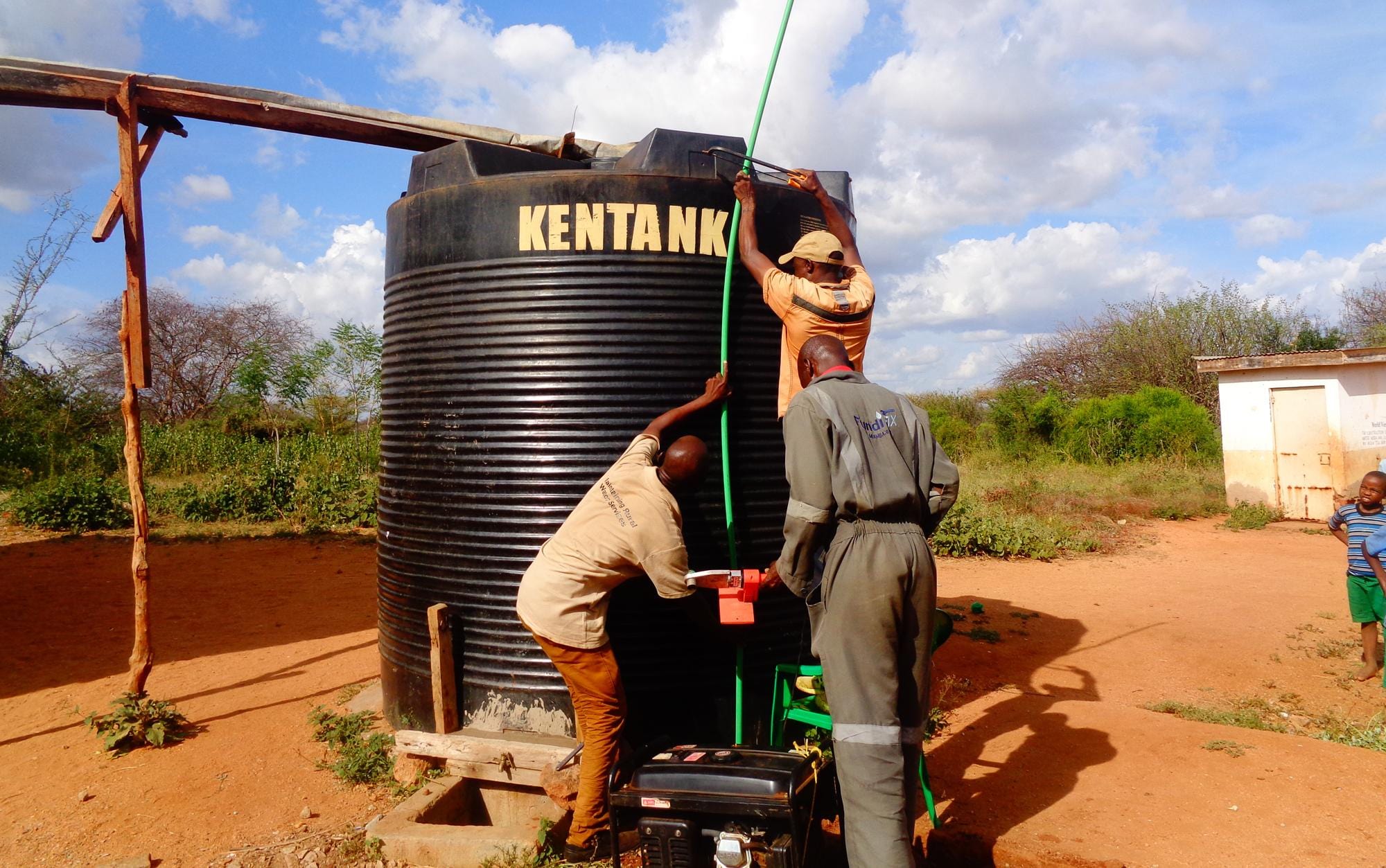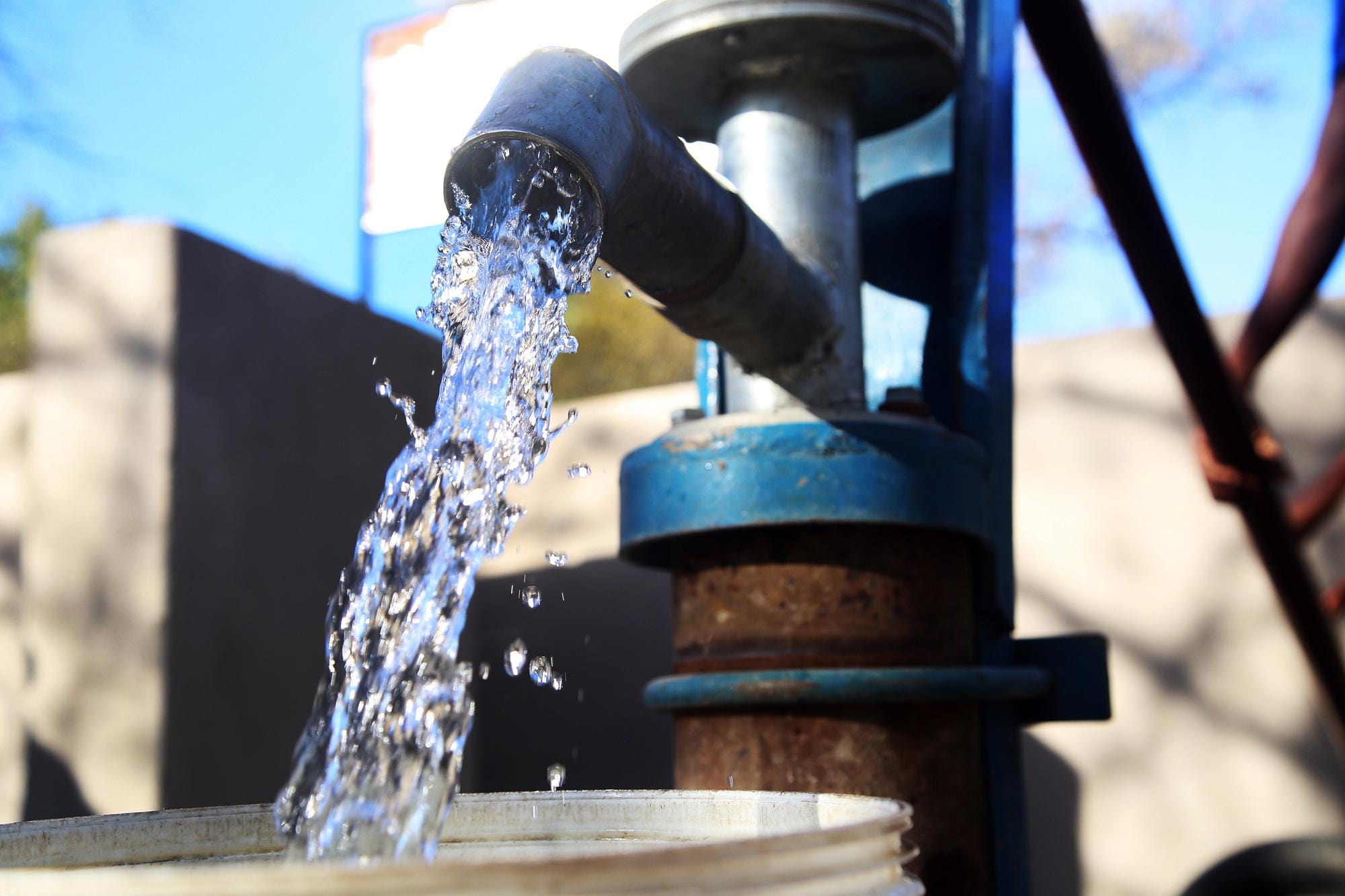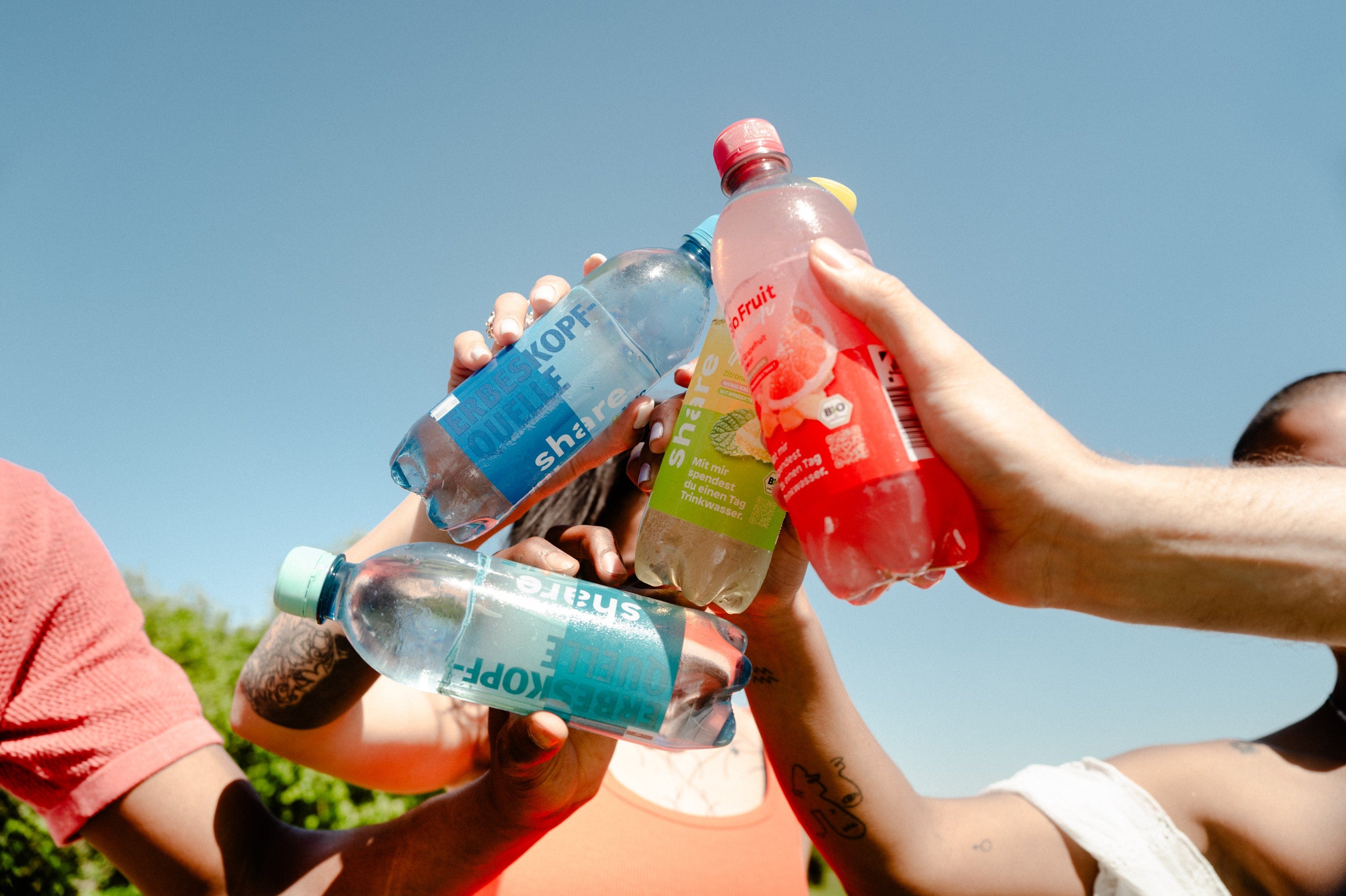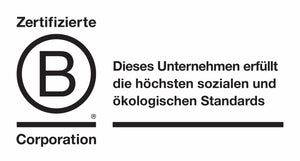Drought, dried-up rivers, drying up springs: the effects of climate change are noticeable - and now also in Central Europe. In some regions of Germany, restrictions on water use are threatening this summer. But if dryness and aridity are already an issue in our latitudes, what is the situation in other regions of the world? And how much water does a person actually need per day? Access to clean water is a huge ecological and social problem. That is why we are working with various international organizations to improve access to clean water in many of the poorest countries in the world.









